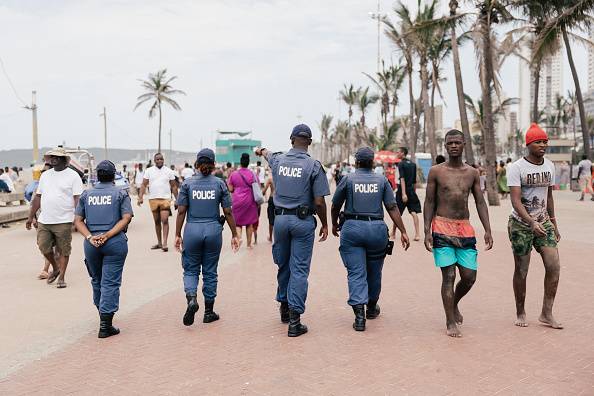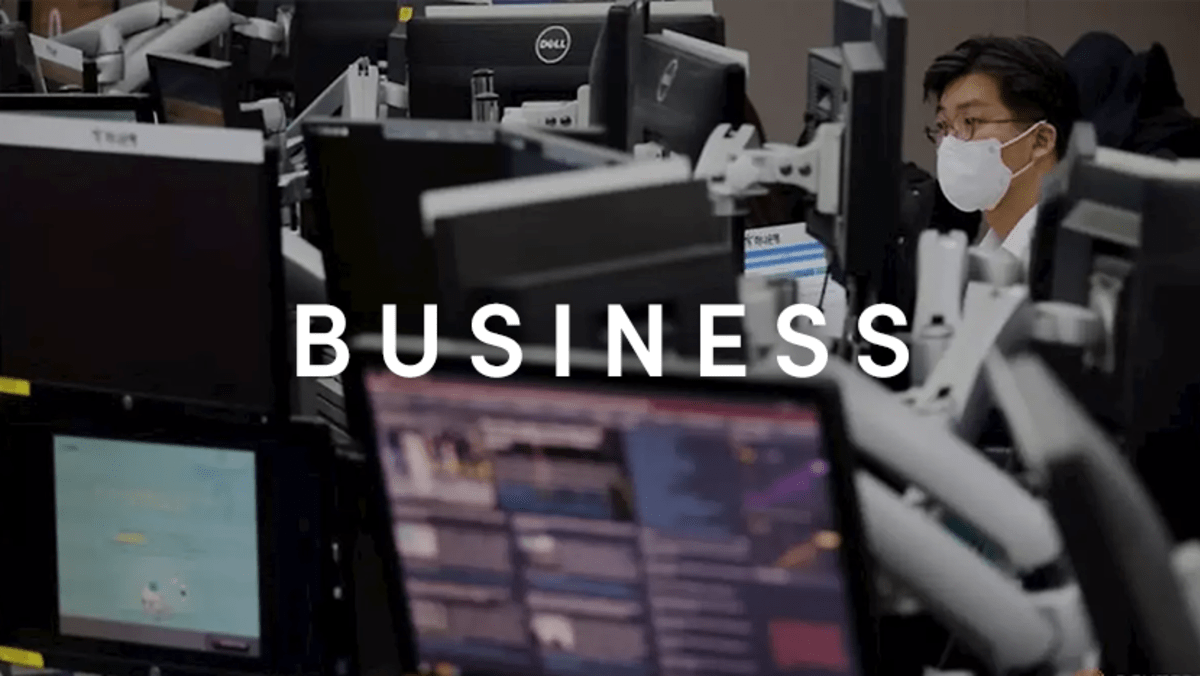Addis Abeba — The UN is hosting in Ethiopia the 17th Internet Governance Forum (IGF), under the overarching theme of Resilient Internet for a Shared Sustainable and Common Future, which started in Addis Abeba on 28 November and lasts until 02 December 2022.
Representatives of different countries including US Ambassador at Large for Cyberspace and Digital Policy, Nathaniel C. Fick, are attending the forum in Addis Abeba.
The forum, which is UN’s flagship event on internet access, is being held in Ethiopia despite criticisms over internet blackout which is still in place in the embattled Tigray Region.
Tigray region has been mostly without internet, telecommunications and banking since war broke out between allied forces of the federal government and Tigrayan forces in November 2020.
The decision to host the forum has come under several criticism including including from the US Senate Foreign Relations Committee Ranking Member, senator Jim Risch who said the decision made by the US government to send an official to the forum “legitimizes a government whose track record on internet governance is worse”.
Other internet access rights defenders have also voiced their criticism against the UN for hosting an internet access forum in a country that is running the longest internet blockade affecting more than 6 million of its own people.
In addition to the Tigray internet blackout, Ethiopian authorities also face criticism over the “proliferation of internet shutdowns to crack down on dissent, control narratives, and restrict the flow of information.”
“According to Access Now’s Shutdown Tracker Optimization Project (STOP), since 2016, Ethiopian authorities have imposed at least 22 internet shutdowns at local and national levels. Across the country, from the Amhara and Afar regions in the north, to western Oromia (under the control of the Oromo Liberation Army (OLA) since 2018), internet shutdowns have been used repeatedly during violent conflicts — but never once did they prove to “restore order.”, Access Now said.
A peace agreement signed between the warring sides in South Africa and Kenya earlier this month commits the government to restoring Tigray’s basic services, but the communications blackout has not yet been lifted.
The restoration of Tigray’s internet service will be carried alongside the resumption of its phone and electricity services, though there is “no timeline” for it, Ethiopia’s Minister for Innovation and Technology Belete Molla said on Tuesday, while speaking at the forum on Tuesday, AP reported.
Addressing the opening ceremony of the internet forum, Ethiopian Prime Minister Abiy Ahmed said the internet has “supported the spread of disinformation as Ethiopia dealt with an armed rebellion in the northern part of the country”, while commending its contributions during the Corona pandemic.
For Ethiopia “… improving connectivity and expanding accessibility has been a priority with investments being made in infrastructure expansion, opening up the telecom sector to private investors and building government digital infrastructure,” PM Abiy added.
He said internet coverage has shown an increase from 19 million in 2017 to 30 million in 2022.
UN Secretary-General, António Guterres, in a video message to the seventeenth Internet Governance Forum, calls for a safe, equitable, open digital future that does not infringe on privacy and dignity.
Among other topics, the forum discussed universal, affordable and meaningful connectivity and safety and security of the internet among other issues over the past days and is expected to be concluded tomorrow. AS



















Discussion about this post